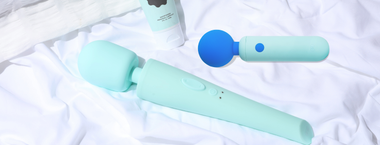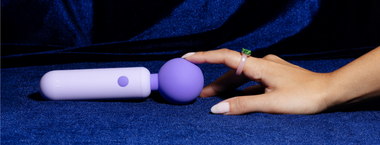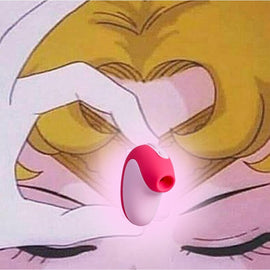Pubic Hair (R)evolution

Throughout the past 50 years, women’s pubic hair—or lack thereof—has been scrutinized and used as a measurement of femininity. The U.S. is now the hub of laser hair removal because pubic hair is regarded as messy, unnecessary, and, most of the time, unfashionable. Pubic hair is so unflattering to some that many women and girls are taught to tame it from a very young age.
Pubic Hair Around the World
In ancient Egypt, a hairless body symbolized cleanliness and purity. Ancient paintings portray the hairless body as holy and divine.
The ancient Greeks shared a belief that pubic hair was uncivil and quickly turned to alternative methods for its removal. Some common methods involved both the burning and plucking of hair.
On the flipside, pubic hair can exemplify certain aspects of femininity and beauty.

In Korea, women revere pubic hair as a sign of fertility and good health. Korean doctors have actually categorized “lack of pubes” as a disorder called “pubic atrichosis.” Many women go through procedures to have hair transplanted onto their pubic and vaginal areas.
In the 1960s, the U.S. generally regarded pubic hair as a vaginal protector. Its thick texture was appreciated.
During this time, pubic hair dyeing was a big trend. Hairdressers offered your usual services: eyebrows, hair coloring, and waxing. Pubes had a very special place in the beauty industry. For example, hair could be dyed to match the personality of a woman’s lover.
Let’s not forget to mention the bikini. Women began to present their bodies in a new way: less covered up and championing the natural. It became “acceptable” to dress in less fabric.
In 1971, Playboy released an edition of their coveted magazine revealing pubic hair–it was openly flaunted between the bikini lines.

As Playboy dabbled in its exposure of pubic hair, women simultaneously championed their pubic hair as a symbol of independence. However, this perception quickly began to fade over the next 30 years.
In the early 2000s, the U.S. began to show distaste for pubic hair—labeling it as messy and unclean. This was exemplified in an episode Sex and the City, which became famous upon its airing in 2000. The episode featured Carrie getting her first Brazilian bikini wax, after which she exclaims, “I feel like I'm nothing but walking sex!”

A study in 2003 showed that 30 percent of North American women completely removed their pubic hair. The study also found that 60 percent of women trimmed it and a stark 10 percent left it natural. In another 2017 study by Cosmopolitan, 46 percent of men said that they prefer a shaved pubic area on women (and their opinion matters because…?!)
It’s clear that a woman’s pubic hair preference is largely based on societal pressures and constructions of beauty and femininity. My conclusion: let’s just applaud women, regardless of whether or not they remove their pubes.

Latest Articles

A Hot and Quick Guide to BV, UTIs, and Yeast Infections

9 Acts of Queer Resistance to Know in Addition to the Stonewall Riots








